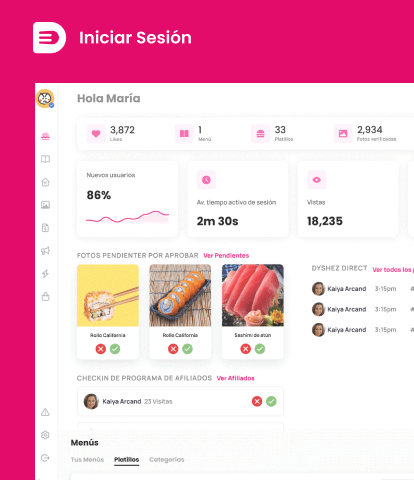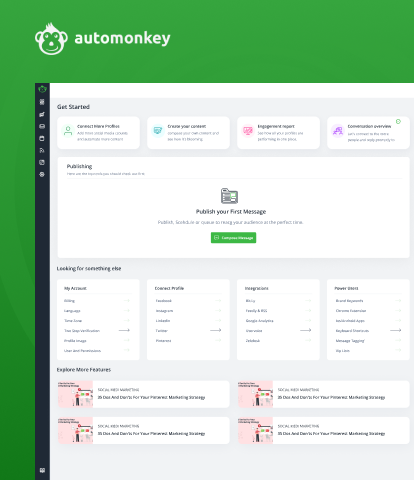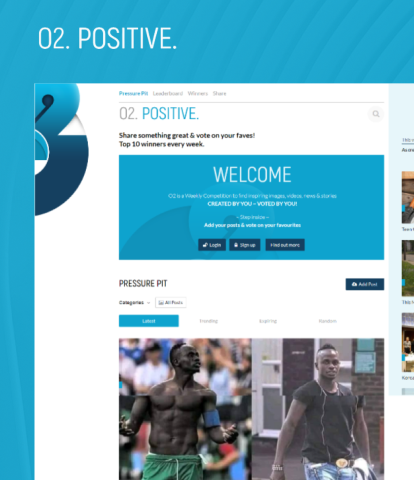To give users more freedom and ease to access your business, we build top-notch mobile applications with the best industry standards. We have experience in building mobile apps in various categories and from any stage of SDLC.
As a leading mobile app development company, eSparkBiz has a team of dedicated mobile app developers for top-notch mobile app development. Our developers are experienced in building custom apps for platforms like Android, iOS, and cross-platform apps using technologies like React Native, Flutter, Ionic, etc.
Hire dedicated mobile app developers from us to build a flexible, highly functional, scalable, secure, and dynamic mobile app that meets your business objective. Every business has its different goals and objectives and we customise our service according to your needs and objectives. We also take care of services and maintenance of the app once it is developed by us.
We have more than 14+ years of experience in building digital products and providing seamless user experience across all platforms and devices. We provide flexible engagement models and maintain complete secrecy of the source code by signing an NDA for your project.










